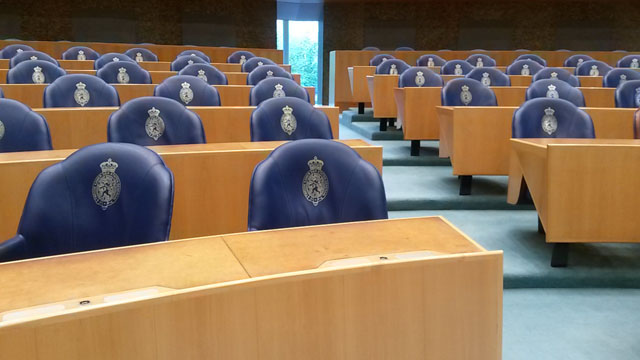Today (4 February, 13:45), PhD scholarship students from the University of Groningen (RUG) will present their manifesto against the experiment with PhD Scholarship students to parliament. PhD scholarship students do exactly the same work as employee PhDs, but for less money and under poorer employment conditions. For example, the RUG promised PhD scholarship students more freedom in setting up their project, but in practice their freedom did not differ from that of employee PhDs. Also, PhD scholarship students are officially not allowed to teach, but were in some cases urged to do so by their supervisors.
In this manifesto, PhD scholarship students therefore demand the termination of the experiment with PhD Scholarship students, employee status and compensation for the time they have worked as PhD scholarship students. The manifesto is supported by 1075 individual supporters, including 239 PhD candidates from the University of Groningen, and national organizations such as the PhD Network Netherlands, (student) trade unions and WOinActie.
The experiment started in 2016 and has been controversial from the start. Although thenot undisputed) midterm report of the experiment indicates that there are no adverse effects of the experiment, the PhD scholarship students themselves send a much more negative signal. In addition to the 239 scholarship PhD scholarship students who have signed this critical manifesto, 58 medical PhD scholarship students have gone to court to demand employee status, and other PhD scholarship students are considering to take the same step.
For the second round of the experiment, the University of Groningen has applied for another 650 PhD scholarship students, in addition to the current 850, despite fierce criticism from the university council. However, two faculties have already indicated that they will no longer participate in the experiment: the Faculty of Law found that there was insufficient difference between PhD scholarship students and employee PhDs to justify a difference in employment conditions, and the Faculty of Philosophy considers having two types of PhD students to be undesirable. In the light of these developments, the presentation of the manifest is good occasion for the members of Parliament to thoroughly reconsider the experiment.


